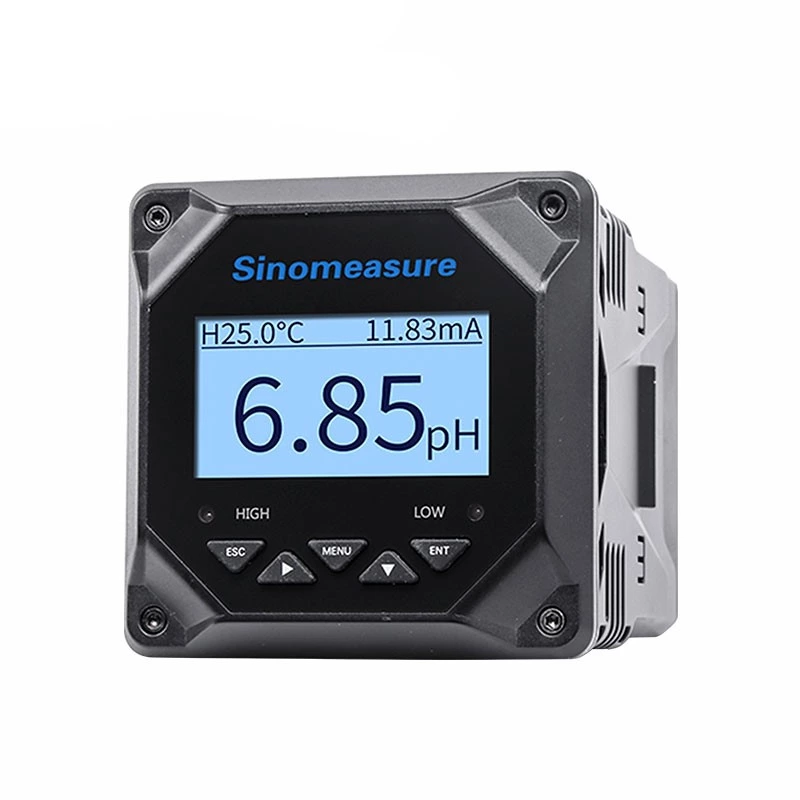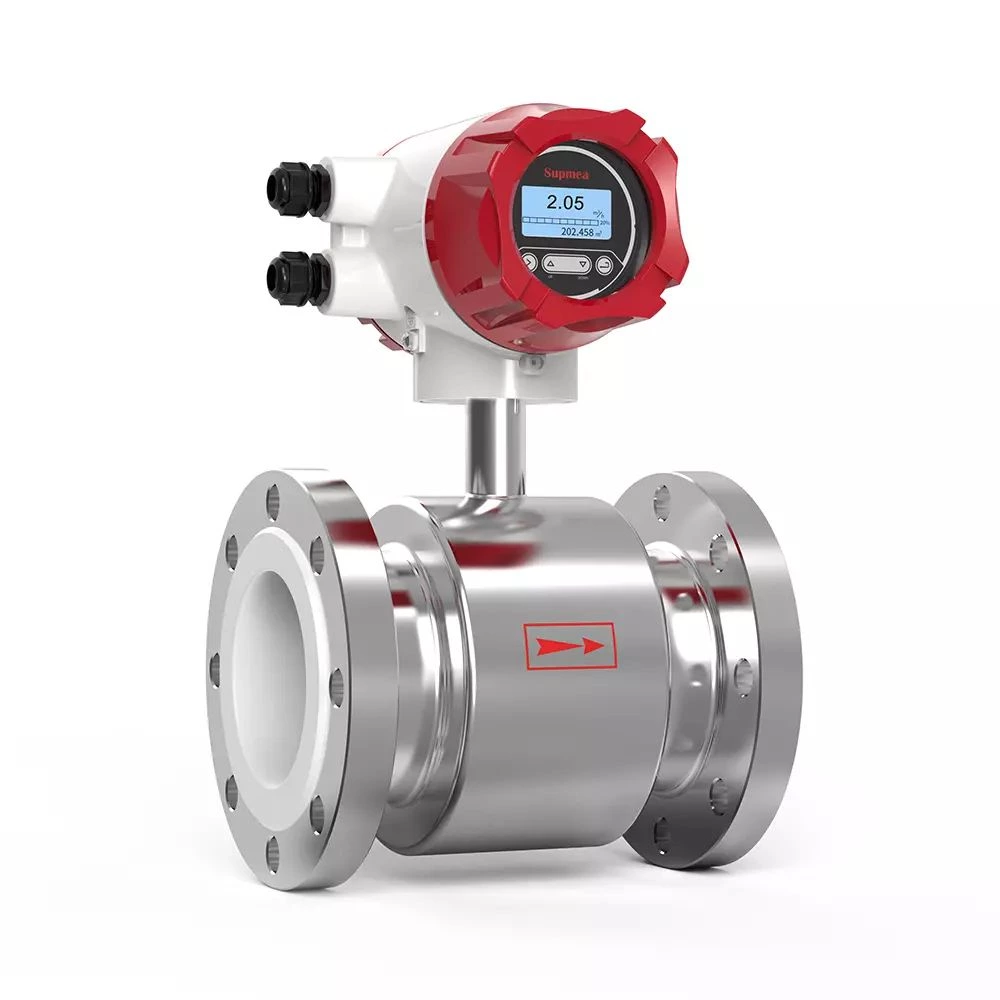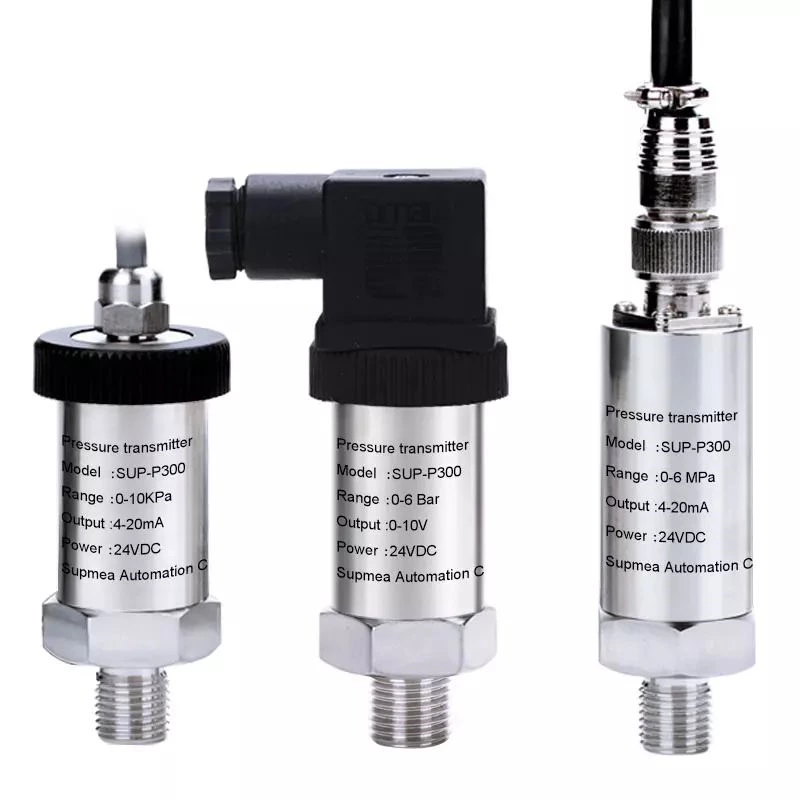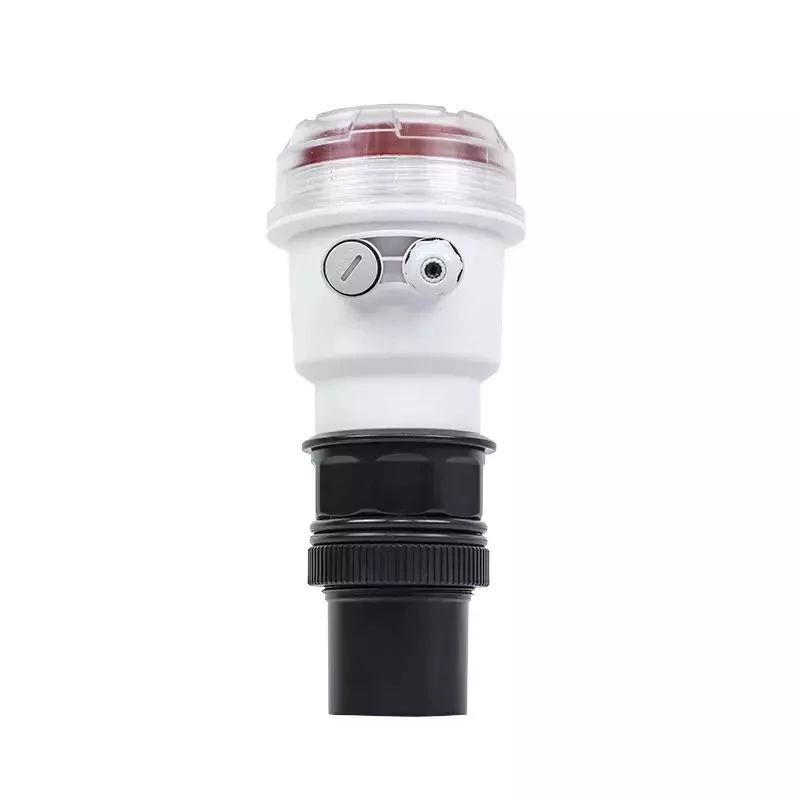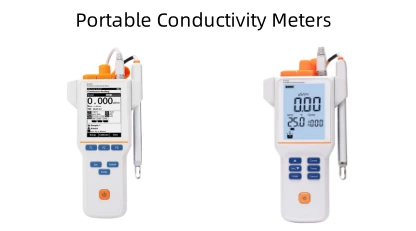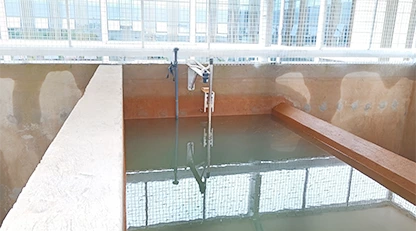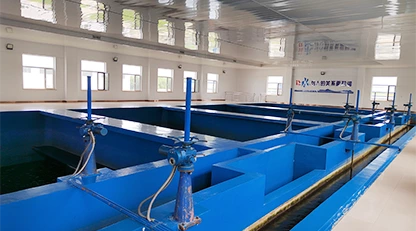Portable pH Meters VS. Traditional pH Meters
pH meters are essential tools for measuring the acidity or alkalinity of a solution. They are used in a wide range of industries, including food and beverage production, pharmaceuticals, environmental monitoring, and research. Traditionally, pH meters were bulky and required a dedicated workspace. However, with advancements in technology, portable pH meters have become increasingly popular. In this article, we will compare and analyze the differences between portable and traditional pH meters.
Accuracy and Precision
Accuracy and precision are crucial factors to consider when choosing a pH meter. Traditional pH meters are known for their high accuracy and precision. They use a glass electrode to measure the pH of a solution. The electrode is sensitive to changes in the hydrogen ion concentration, which allows for accurate and precise measurements. Portable pH meters, on the other hand, use different types of electrodes, such as plastic or gel-filled electrodes. These electrodes are less sensitive than glass electrodes, which can lead to less accurate and precise measurements.
Ease of Use
Portable pH meters are designed to be easy to use and operate. They are compact and lightweight, making them easy to carry around. They often come with a digital display that shows the pH value of the solution in real-time. Traditional pH meters, on the other hand, require a dedicated workspace and can be challenging to operate. They often require calibration before use and need to be maintained regularly.
Cost
Cost is another critical factor to consider when choosing a pH meter. Traditional pH meters are generally more expensive than portable pH meters. They require more components, such as a dedicated workspace, power source, and maintenance tools. Portable pH meters, on the other hand, are more affordable and require fewer components.
Applications
Both traditional and portable pH meters have their unique applications. Traditional pH meters are ideal for laboratory settings where accuracy and precision are crucial. They are commonly used in research and development, quality control, and environmental monitoring. Portable pH meters are more suitable for fieldwork applications where mobility and ease of use are essential. They are commonly used in agriculture, water treatment, and food processing industries.
Conclusion
In conclusion, both traditional and portable pH meters have their advantages and disadvantages. Traditional pH meters offer high accuracy and precision, but require a dedicated workspace and can be challenging to operate. Portable pH meters are compact, lightweight, and easy to use, but may sacrifice accuracy and precision. Choosing the right pH meter depends on your specific needs and applications. Consider factors such as accuracy, ease of use, cost, and applications when choosing a pH meter for your business or research needs.
 Español
Español Русский
Русский 
